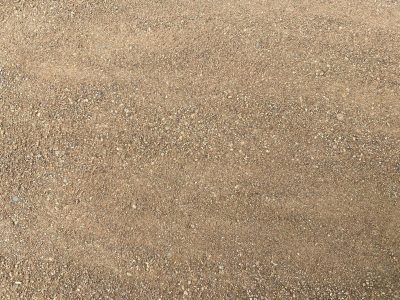Reactive Phosphate Rock (RPR) is a non-water soluble (slow release) natural phosphate source that can be applied directly to crops and pasture. RPR is best suited to soils with both low and high phosphate retention characteristics as it will reduce the amount of phosphate that is both leached and locked up in the soil. The result is an improved phosphate utilisation and plant production.

RPR should be considered as a phosphate source in situations when:
A soil at a lower pH will speed up the break down of RPR, while the RPR will also help improve the soil pH.
Low ASC soils have low levels of phosphate binding sites therefore a limited ability to hold onto phosphate ions. Non water-soluble phosphate sources such as RPR on these soil types slowly release phosphate reducing the leaching losses and improving phosphate utilisation.
High ASC soils contain large amounts of iron and aluminium oxides, which adsorb phosphate ions reducing its availability to plant roots. Therefore these soils require more phosphate to overcome deficiency and benefit from the use of both water soluble and non water-soluble phosphate sources such as RPR to improve phosphate utilisation and plant production.
RPR is an efficient alternative to water-soluble phosphate sources on soils that have good phosphate levels and only have maintenance requirements.
In this instance Dickie Direct often recommend considering a blend of water-soluble (fast acting) and non water-soluble (controlled releasing/RPR) giving a balance between short and medium term production gains, improving phosphate utilisation and extending the response.
Summer, Autumn, Winter, Spring
Copyright 2024 Dickie Direct | Terms and Conditions | Website by MRD Web